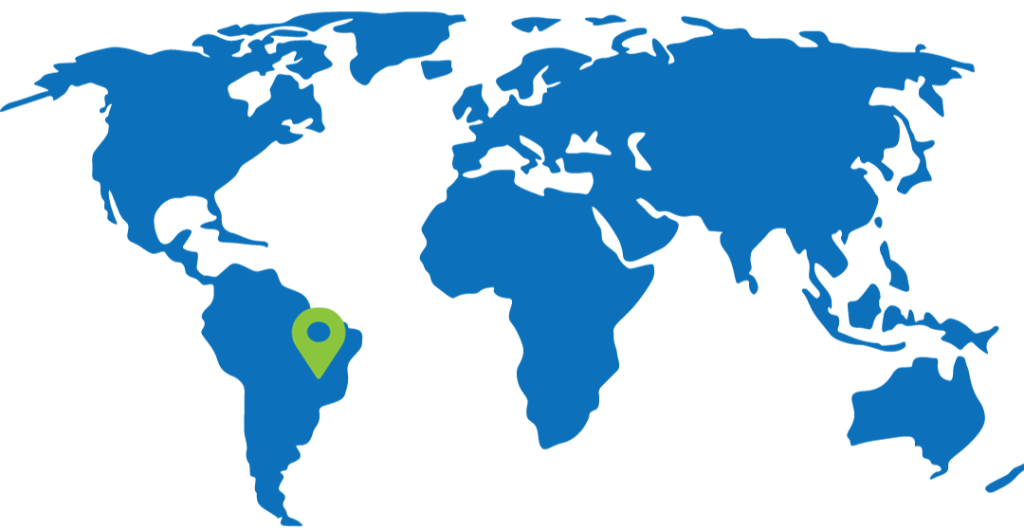On August 8, 2025, Brazil’s Ministry of Environment and Climate Change published a proposed resolution via the National Environmental Council (Conama) that would restrict the use of certain hazardous substances in electronic equipment marketed within the national territory. The measure aligns with environmental and health protection goals, and public comments are open through September 24, 2025.

Scope, Exemptions and Deadlines
The regulation applies to a wide range of electronic equipment operating below 1000 V AC or 1500 V DC, including home appliances, IT hardware, lighting, toys, tools, and medical and veterinary devices. It sets clear definitions for manufacturers, importers, traders, and equipment types.
Exemptions include:
Military and aerospace equipment
Large-scale industrial installations
Implantable electronic medical devices
Research and development devices not intended for consumer sale
Photovoltaic modules permanently installed by professionals
Substance Restrictions and Deadlines
The resolution bans the manufacture, import, and sale of electronics containing more than the specified limits of ten hazardous substances in any homogeneous material:
Lead (0.1%)
Mercury (0.1%)
Cadmium (0.01%)
Hexavalent chromium (0.1%)
PBB, PBDE flame retardants (0.1% each)
Four phthalates (DEHP, BBP, DBP, DIBP – 0.1% each)
Deadlines for compliance vary:
Immediate for PBB and PBDE
180 days for mercury
Three years for cadmium, lead, and hexavalent chromium
Four years for phthalates
Temporary Exemptions Possible
Temporary exemptions may be granted under certain conditions, such as technical limitations, safety concerns, or lack of reliable alternatives. The Ministry will maintain and update a public list of exempted products and publish procedures for requesting exemptions. All exemptions must align with international standards and consider lifecycle impacts.
Mandatory Equipment Registration and Conformity Declarations
A new National Registry of Electronic Equipment with Restrictions on Hazardous Substances will be established. Manufacturers and importers must register their products and submit a self-declaration of conformity before placing them on the market.
The self-declaration must include:
Identification of the manufacturer/importer
Product model and classification
Confirmation of substance compliance or applicable exemptions
Responsible party’s signature and liability acknowledgment
This record must be accessible to consumers either via product packaging or a digital tool and updated if there are changes to the product or regulatory status.
Responsibilities of Economic Operators
Manufacturers, importers, distributors, and traders each hold specific obligations under the proposed regulation:
Ensure design and production comply with substance limits
Register all applicable models or product families
Maintain technical documentation in Portuguese for five years post-discontinuation
Provide access to documentation upon request by the environmental authority
Ensure traceability through labeling or digital access tools
Immediately notify authorities and take corrective actions if non-compliance is discovered
Entities that sell under their own brand or alter products become fully responsible under the law.
Labeling and Marking Requirements
Electronic equipment must carry legible and durable markings that include the model or serial number, trade name, and manufacturer/importer details. Equipment subject to reverse logistics must also display a selective disposal symbol unless otherwise regulated.
The Ministry may conduct inspections and request product testing at ILAC-accredited laboratories to verify compliance. Environmental authorities are empowered to seize non-compliant products and recover enforcement costs from violators. Penalties will be applied under existing environmental legislation.
For this article’s source information and any product certification guidance, please contact Global Validity.
Quick Country Facts
Brazil
Certification Body: Agencia Nacional de Telecomunicaciones (ANATEL)
Certification Type: Mandatory
License Validity: 24/36 Months
Application Language: Portuguese
Legal License Holder: Local Representative
In-Country Testing Requirement: In-Country Testing
The regulatory information above is based on radio type approval certification. Access additional certification requirements in over 200 countries and territories with Global Validity’s free proprietary product certification management software, Access Manager. Learn more about the platform here or fill our quick contact form!
Global Validity is your partner for global certification success
Want to learn more about regulatory compliance and how we can help? Simply fill out the form below and we’ll be in touch!
